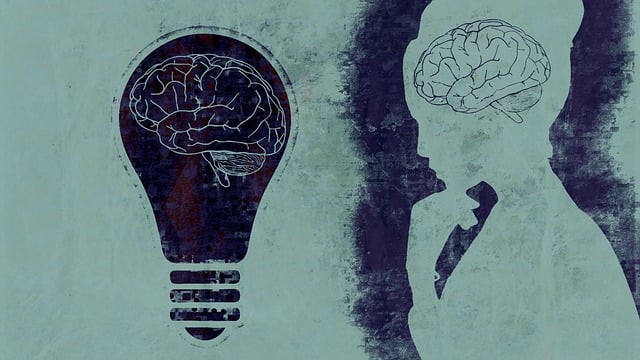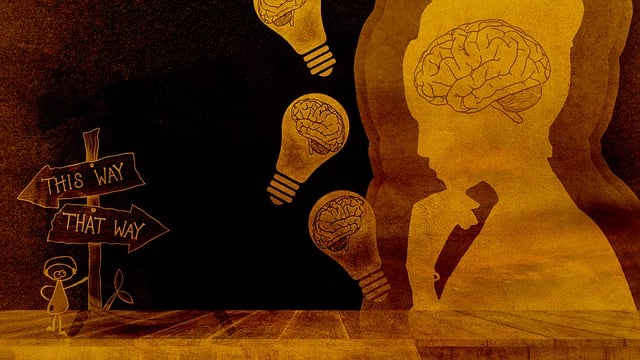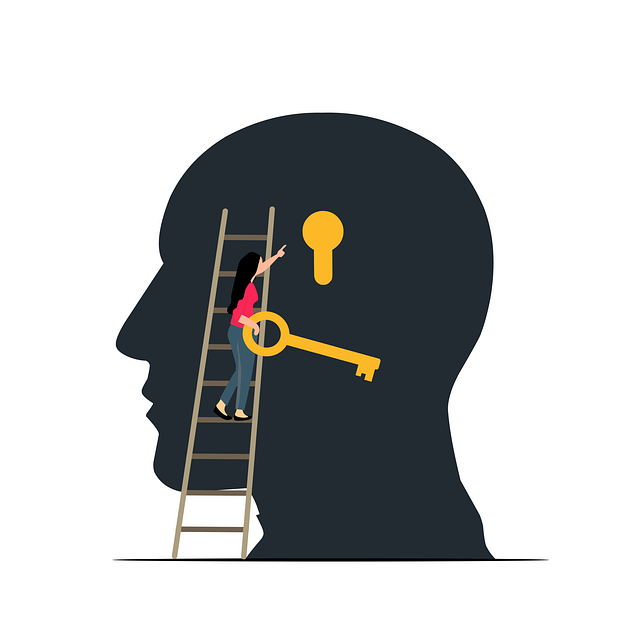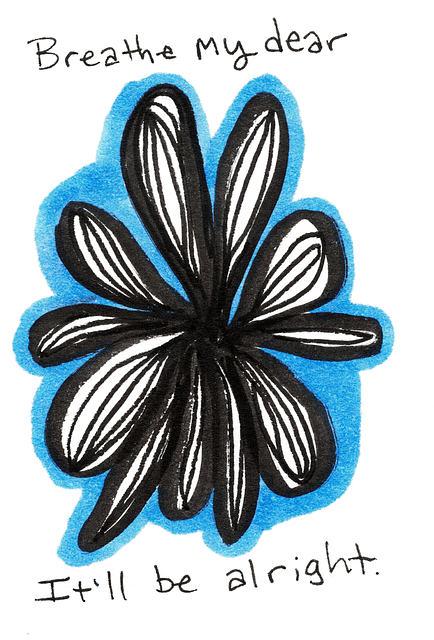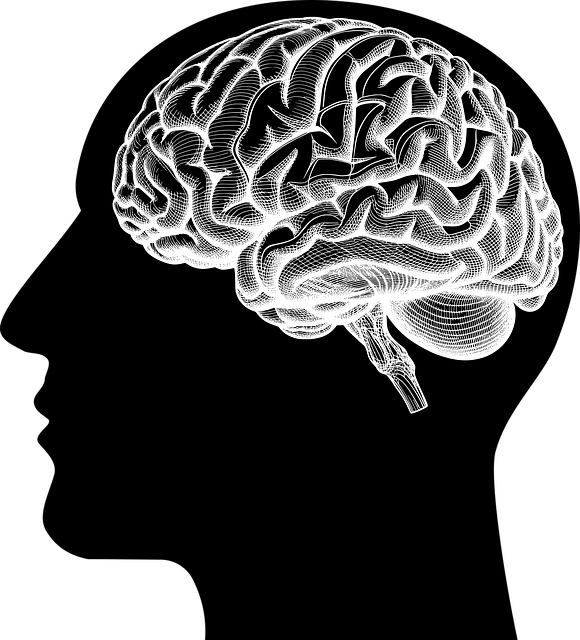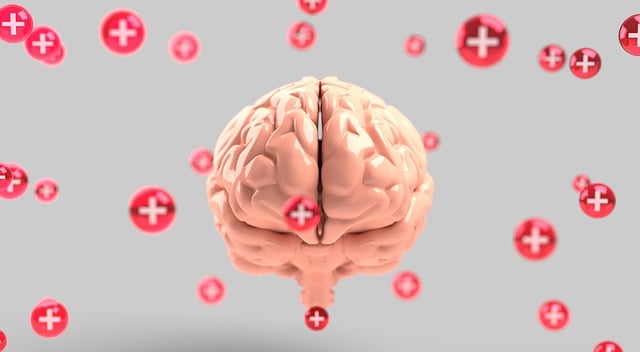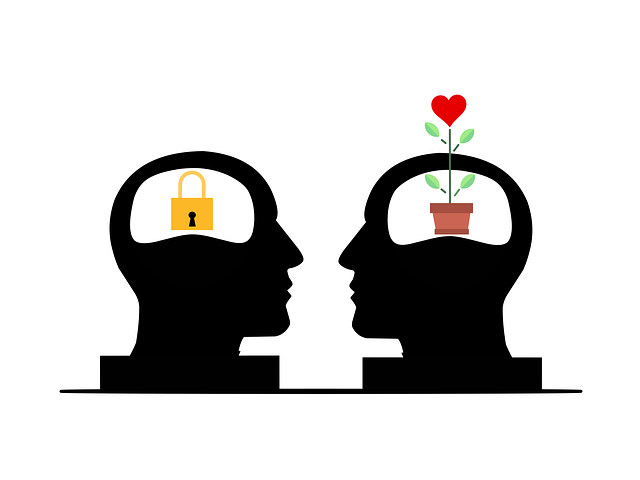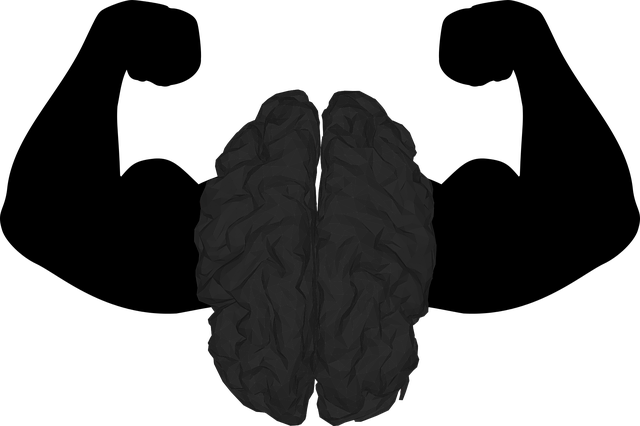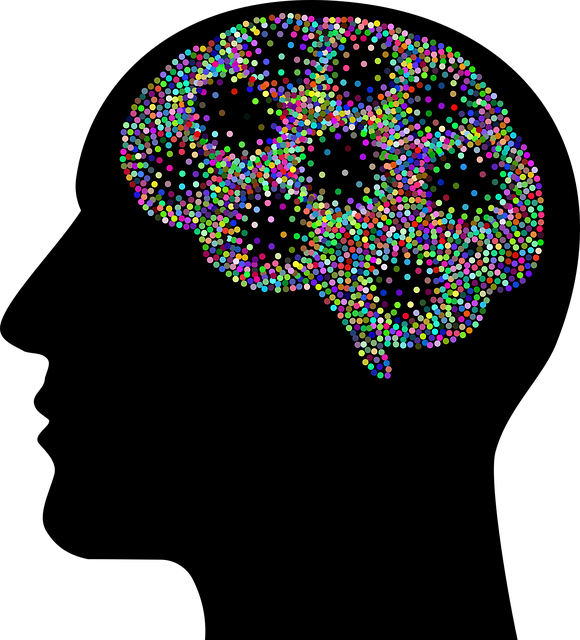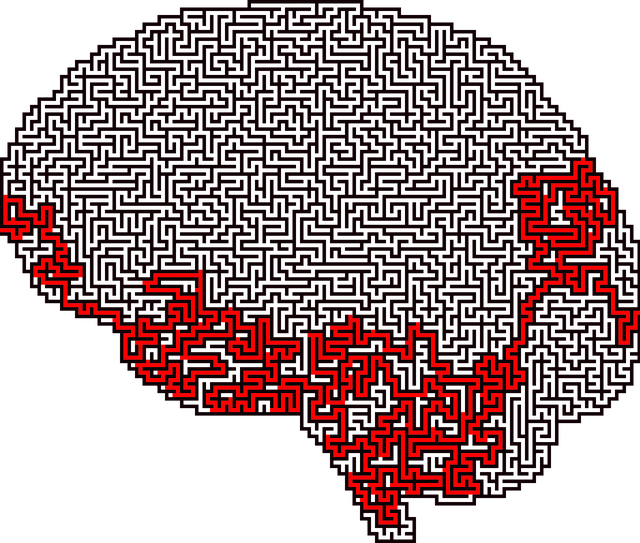Mental health diagnosis has seen significant advancements but still faces challenges, especially in complex cases like co-occurring substance abuse. Growing awareness and de-stigmatization encourage more people to seek help. Traditional methods relying on patient reporting can be biased. To improve accuracy, there's a shift towards objective assessments, advanced research, and evidence-based practices. Specialized treatments like Littleton Drug Abuse-Substance Abuse Therapy address complexities, foster safe spaces, and develop coping skills. Recent strides include holistic approaches, cultural sensitivity in mental health care, and technology integration for remote assessment and counseling. Advanced algorithms analyze user-generated data for more accurate diagnoses. Healthcare professionals benefit from specialized training and education programs to enhance diagnosis accuracy.
Mental illness diagnosis accuracy is a critical aspect of patient care, with significant implications for treatment outcomes. This article explores efforts to enhance diagnostic precision, delving into the current landscape and identifying key challenges in mental health assessment. We examine innovative approaches, including the role of technology and digital tools, as well as the essential contribution of training and education for healthcare professionals. By understanding the complexities of diagnosis, we can improve support for those seeking help for conditions like Littleton Drug Abuse-Substance Abuse Therapy.
- Understanding Mental Health Diagnosis: The Current Landscape
- Challenges in Accurate Diagnosis: A Closer Look
- Innovative Approaches to Enhance Diagnosis Accuracy
- Role of Technology and Digital Tools in Mental Health Assessment
- Training and Education: Empowering Healthcare Professionals
Understanding Mental Health Diagnosis: The Current Landscape

Mental health diagnosis has come a long way, but challenges remain in ensuring accuracy and timeliness. The current landscape is marked by increasing awareness and de-stigmatization efforts, encouraging more individuals to seek help. However, the vast spectrum of mental illnesses, often co-occurring with substance abuse, as seen in Littleton Drug Abuse-Substance Abuse Therapy cases, presents a complex diagnostic picture. Traditional methods rely heavily on subjective reporting from patients, which can be influenced by personal biases and experiences. This leads to variations in diagnosis among professionals.
To improve accuracy, there’s a growing emphasis on integrating objective assessments, advanced research, and evidence-based practices. Coping Skills Development, Communication Strategies, and Confidence Boosting techniques are being incorporated into therapy models. These approaches not only enhance the patient-therapist relationship but also provide individuals with tools to better express their experiences, leading to more precise diagnoses.
Challenges in Accurate Diagnosis: A Closer Look

Diagnosing mental illness accurately is a complex task, often hindered by various factors. One significant challenge lies in the wide range of symptoms and their intersection with physical health issues, making it difficult to pinpoint specific disorders. For instance, substance abuse like that seen in Littleton can mask underlying mental health conditions or complicate diagnoses. The co-occurrence of disorders, such as depression and anxiety alongside drug abuse, creates a complex web where each condition may exacerbate the other, requiring careful evaluation and specialized treatment, such as Littleton Drug Abuse-Substance Abuse Therapy.
Additionally, cultural differences play a role in presentation and expression of mental distress, leading to potential misdiagnosis or delayed treatment. People from diverse backgrounds might exhibit unique coping mechanisms, and understanding these nuances is vital for accurate assessment. Encouraging individuals to open up about their struggles is essential, but it also demands a safe space where they can share experiences without fear of judgment, fostering an environment conducive to developing inner strength, coping skills, and self-care routines for better mental health.
Innovative Approaches to Enhance Diagnosis Accuracy

In recent years, there has been a significant push to enhance the accuracy of mental illness diagnoses, driven by innovative approaches that promise to revolutionize healthcare practices. One such advancement is the integration of Littleton Drug Abuse-Substance Abuse Therapy into diagnostic protocols. By addressing co-occurring disorders, healthcare professionals can gain a more holistic understanding of a patient’s condition, leading to more precise assessments and tailored treatment plans. This multi-faceted approach not only improves diagnosis accuracy but also enhances patient outcomes by addressing complex mental health needs more comprehensively.
Moreover, efforts to incorporate Cultural Sensitivity in Mental Healthcare Practice have been instrumental in improving diagnostic accuracy. Recognizing and respecting cultural nuances ensures that assessment tools and therapeutic interventions are culturally appropriate, increasing patient engagement and the likelihood of accurate diagnoses. Combined with robust Mental Health Policy Analysis and Advocacy, these initiatives foster an environment where community outreach programs can be effectively implemented. Such programs not only expand access to mental healthcare services but also contribute to a more inclusive and sensitive diagnostic process, benefitting diverse populations disproportionately affected by mental illness.
Role of Technology and Digital Tools in Mental Health Assessment

In the realm of mental health assessment, technology and digital tools are emerging as powerful allies in the pursuit of accurate diagnoses. Online platforms and applications designed for mental wellness offer a unique advantage by providing accessible and confidential spaces for individuals to seek support and reflect on their symptoms. These digital solutions often incorporate advanced algorithms and machine learning capabilities to analyze user-generated data, such as mood tracking, text analysis, or even virtual reality simulations, enabling more nuanced insights into an individual’s mental state.
For instance, the integration of technology in therapy sessions, like those offered by Littleton Drug Abuse-Substance Abuse Therapy, has shown promise in improving assessment accuracy. Mental Wellness Podcast Series Production platforms facilitate remote counseling, making professional help more readily available. Additionally, tools focused on empathy building and social skills training can enhance therapeutic outcomes by promoting better communication and understanding between patients and caregivers. Such innovations not only cater to the growing demand for mental health services but also contribute to a more comprehensive and precise evaluation of various mental health conditions, including substance abuse disorders.
Training and Education: Empowering Healthcare Professionals

Healthcare professionals play a pivotal role in accurately diagnosing mental illnesses. Training and education are key to empowering them to better understand complex symptoms and differentiate between various disorders. Programs focusing on advanced diagnostic techniques, such as those offered by specialized institutions like Littleton Drug Abuse-Substance Abuse Therapy centers, equip professionals with the knowledge to identify subtler indicators and rule out potential co-morbidities.
Beyond traditional medical training, workshops and seminars dedicated to public awareness campaigns development can enhance professionals’ ability to recognize mental health issues in diverse populations. By fostering an environment where open conversations about anxiety relief and conflict resolution techniques are encouraged, healthcare providers become more attuned to the nuances of mental illness, ultimately leading to improved diagnosis accuracy.
Mental illness diagnosis accuracy is a complex issue that requires a multifaceted approach. By understanding the current challenges, exploring innovative solutions like technology and digital tools, and prioritizing comprehensive training and education, we can significantly enhance diagnostic practices. These efforts not only benefit individuals seeking treatment but also contribute to more effective Littleton Drug Abuse-Substance Abuse Therapy. Together, we can ensure that mental health care becomes more precise, accessible, and ultimately, life-changing for all.
